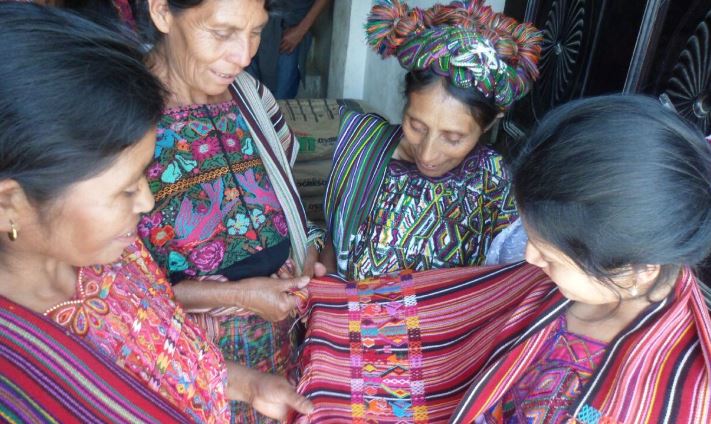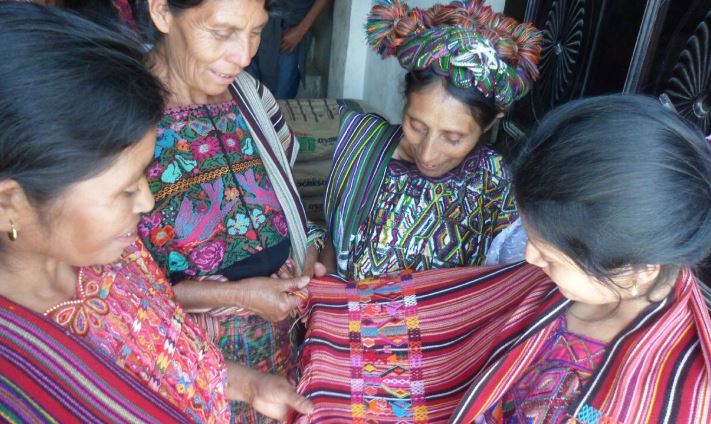
The municipalities of San Juan Cotzal, San Gaspar Chajul, Santa María Nebaj, are known as the Ixil Triangle in Quiché, Guatemala, home to the Ixil Maya indigenous women who are known for their traditional weaving skills. To learn about their culture is to learn the intricacies, meanings, and colors of their woven materials and the many external forces interplaying in their lives.
Necessary technical support was provided to the project staff and participants in the entire project. Intergenerational meetings and dialogues were held with groups of 60 women of different ages who were interested to learn and be trained on cultural practices in traditional tissue and meaning and colors of the traditional Ixil apparel in the communities. These exchangeswere of vital importance for the appreciation of experiences of groups of women from which relevant data and statistics were obtained and systematized. These cultural practices were later documented through photography and video. A baseline was developed related to traditional knowledge, “ceremonial” clothing, the role of Ixil women in the family and in their communities, as well as traditional tissue knowledge.
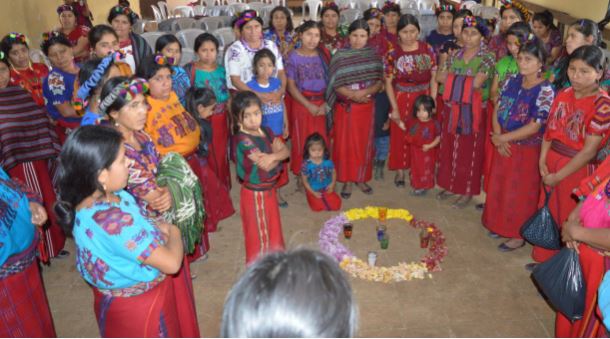
This project prompted the women’s organizations in the Ixil area to establish alliances and relate with each other to coordinate activities for the exchange of knowledge and experiences. Aside from weaving matters were the learning and exchange of experiences among the women’s organizations on community savings and credit, on community radio experiences and on tissues. The organizations and alliances focused on strengthening their participation in the Municipal Development Councils.
The 60 women weavers revitalized their skills through the Project. The knowledge enhancement of indigenous Ixil women strengthened their capacities to generate and mobilize income and exchange resources. There was increased participation in decision-making processes in different domains (local, regional and national).
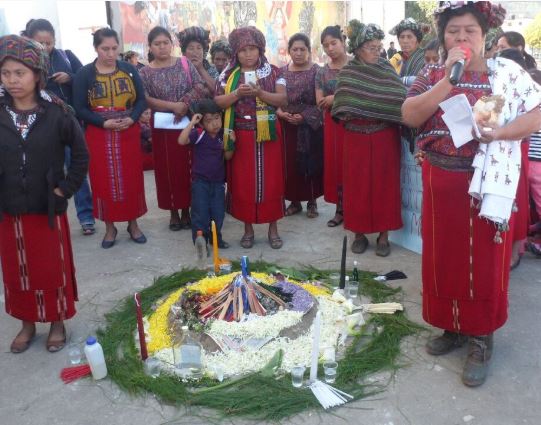
All these processes and changes were documented through photographs and videos in each of the trainings. The entire training which was the basis for the documentary, involved interviews and focus group discussions with cofradías, the women weavers. The production of the documentary film involved the women beneficiaries themselves in the video editing and photo collection. The audio-visual technical support was provided in translation and audio recording. These videos and photographs were disseminated to other women’s groups in the municipalities for their practical knowledge on traditional tissues. The documentation of women’s traditional knowledge on apparel has impacted on the Ixil, Quiché, Queqchi and Achi population.
The involvement of women in promoting non-violence against women was a novelty for them, since women in these municipalities had not previously participated in any similar event. The promotion of autonomy and empowerment of indigenous women for their participation in public spaces, proved that it is possible for them to participate with equity and identity.
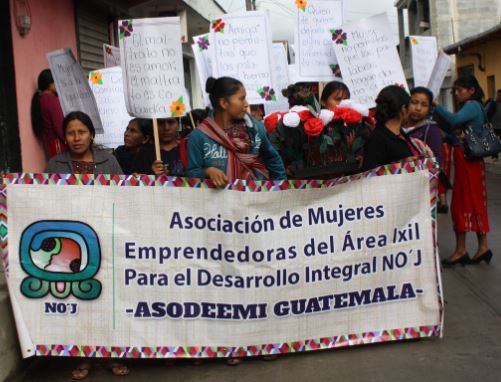
Empowered and inspired, they were highly visible and active during the observance of International Women’s Day, held in Nebaj, Quiché. They also participated in the spiritual ceremony, march and fórum to commemorate the International Day for the Elimination of Violence Against Women. Their project “School of Traditional and Ancestral Arts of Exile Women’s Apparel” was validated when presented to the International Indigenous Women’s Forum (FIMI) in July 2016.
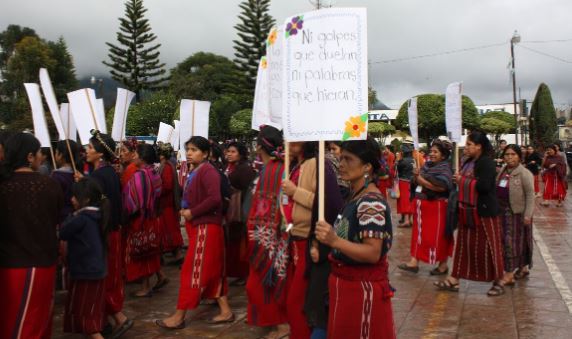
Other activities were carried out such as participation in a training where topics tackled were on the social, political and economic participation of women in Quiché and how to sensitize members of municipal corporations on women’s role and participation. Going into specific political concerns, the women accompanied victim survivors of the internal armed conflict to the Nebaj Courts to demand justice and respect in compliance with Guatemalan laws. The women likewise participated in a workshop on communication and documentation related to biodiversity and environmental justice. This was organized by the “Alliance of Indigenous Women for Autonomy, Justice and Dignity,” in order to promote and contribute to women’s leadership and participation at the local and national levels.
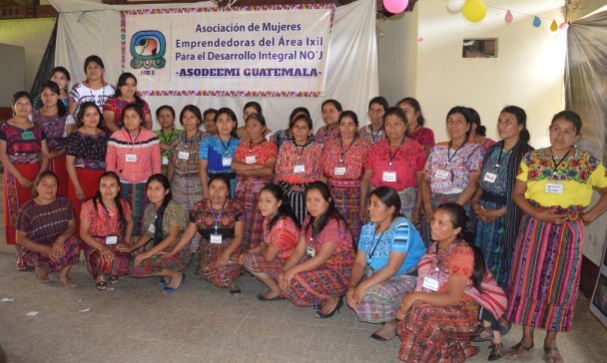
It is necessary to give more attention to the population of women in the Ixil region because of their high vulnerability, considering their status as indigenous women, many of whom are in extremely impoverished and many more are still struggling to overcome trauma as a consequence of the country’s armed conflict. Increased migration has also led to family disintegration, thus more efforts should be focused on the importance of women’s work and their role in the family and community through projects such as this.
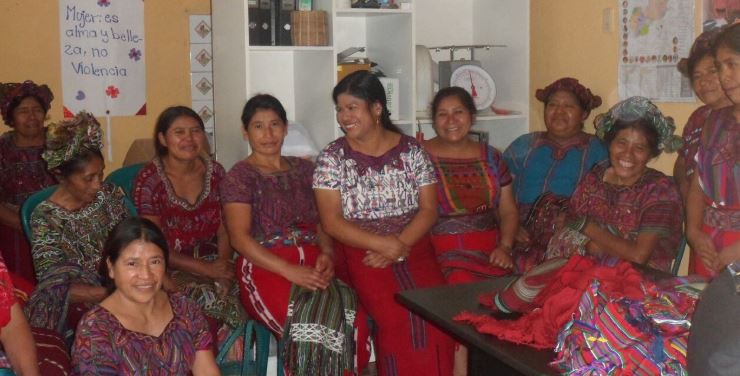
There was regular monitoring of the project that extended its coverage to other communities in the said municipalities. To date, there has been no public or private institution concerned with the conservation of cultural knowledge, traditional practices and wisdom, specifically of indigenous women.
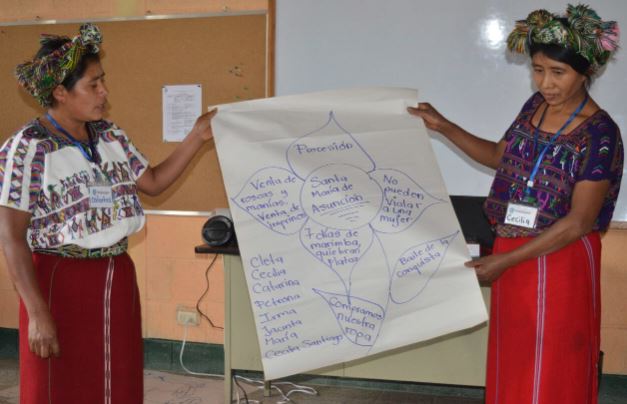
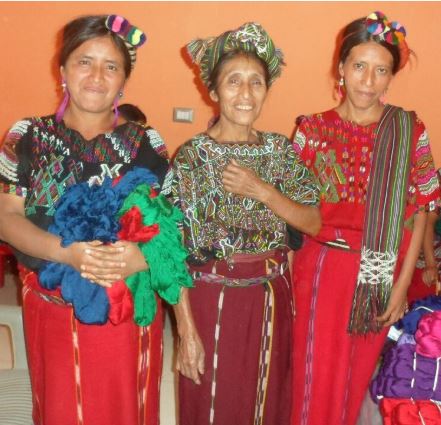
The project “Weaving Innovation in Guatemala through Traditional Cultural Practices of the Ixil Women” was implemented by the Association of Women Entrepreneurs of the Ixil Area for Integral Development in three municipalities of Guatemala in 2016 with the support of PAWANKA Fund.

